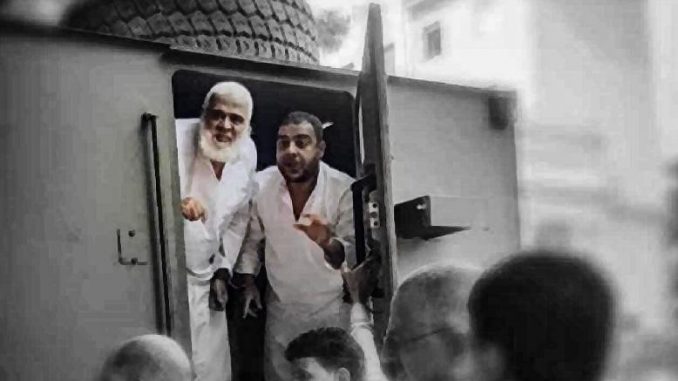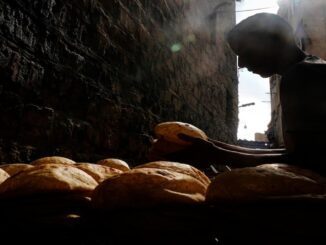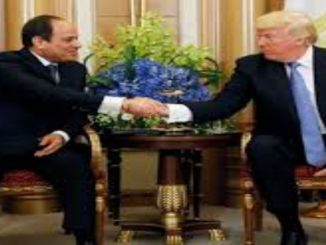
Against the backdrop of the death of a detainee in the Scorpion Prison, south of Cairo, families of the notorious prison detainees are calling for an urgent investigation into what they considered a “horrific murder”.
The detained journalist, Mahmoud Abdel-Magid Mahmoud Saleh, died on Saturday evening, inside his cell in the heavily guarded Tora 1 prison known as the “Scorpion Prison”, as a result of deliberate medical neglect, cold and hunger, according to human rights sources.
The request to open the investigation came on top of 11 demands included in the statement that the families of detainees in Al-Aqrab (Scorpion) Prison, saying that “Abdel Mageed died inside Scorpion prison as a result of the inhumane prison conditions that the detainees have been exposed to”, and describing him as “a martyr of cold, hunger and medical neglect”.
In their statement, the detainees and their families appealed to all the free people of Egypt, the international community, and human rights organizations to save the Scorpion prisoners from the interior ministry’s “criminals” and the prison administration.
The statement accused the prison administration of following a policy of systematic slow killing of all detainees, in light of the severe cold, as well as the policy of starvation and physical and psychological exhaustion.
The statement listed the violations committed against prisoners, including preventing visits, closing the cafeteria, preventing the entry of clothes and blankets, and banning entry of salt, sugar or detergents, as well as very small amounts of poor food.
The statement described the circumstances of the death of the journalist Mahmoud Abdel Mageed Saleh, saying that he “fought death for an hour in front of all the detainees, who were not able to rescue him”.
The statement added that the martyr, may God have mercy on him, was subjected to a heart attack as a result of the severe cold and starvation, without receiving any medical care or rescue from the prison administration.
Prison authorities raid cells of prisoners protesting death of Abdel-Mageed
Moreover, the Egyptian prison authorities have raided a number of cells in the Scorpion wing of Tora Prison as a punitive measure following the death of a journalist over the weekend.
The prison authorities confiscated the detainees’ belongings after prisoners went on hunger strike in protest against the death of Mahmoud Abdel Mageed.
Mahmoud died on Saturday evening in his cell in the Scorpion after being deliberately denied medical care, suffering from the cold and not being given enough to eat.
Mahmoud’s mother died in 2015 from the grief of watching her son serve a life sentence, according to Al Jazeera Arabic. He was supporting a family of five.
Human rights groups have urgently warned against prison conditions inside Egypt, where some 60,000 political prisoners are held in overcrowded, animal infested cells with not enough food or clean water.
Some only leave their cell for one hour a day and cook and go to the toilet all in the same space.
Since the beginning of winter, rights groups have warned of conditions in the concrete cells where detainees are only given thin clothes, are often not allowed blankets and forced to shower with cold water.
Since Mohamed Morsi’s overthrow in a military coup, President Abdel Fattah Al-Sisi has embarked on the most severe crackdown in the country’s history, targeting political opponents including women and children.
At least 4,000 people were arrested in September after rare protests erupted in the country.
According to Human Rights Watch between March and August 2015 the Interior Ministry under Magdy Abd Al-Ghaffar banned all visits to the Scorpion, prevented families delivering food and medicine, essentially implementing a “starvation” policy.
Over six months of that year at least six detainees died there.
Late last year a number of detainees in the Scorpion wing went on hunger strike in protests against conditions inside.
Hunger strikers were reprimanded with beatings and electric shocks in an attempt to break the strike.



